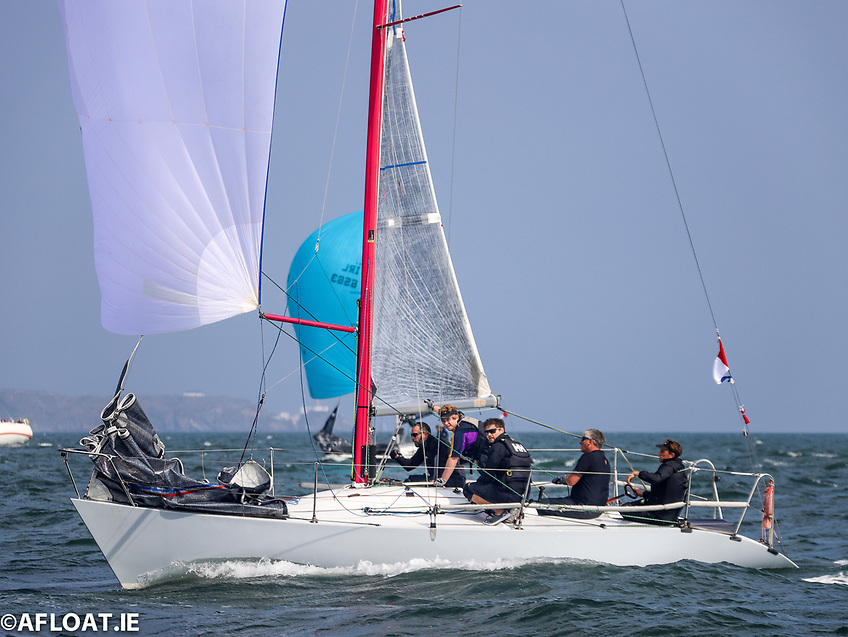#shipwrecks – In Dublin's Custom House today a stunning new book that showcases some of the more spectacular and important shipwrecks in Irish waters was unveiled. Minister for Arts, Heritage and the Gaeltacht, Jimmy Deenihan, TD together with Fergus O'Dowd TD, Minister of State, Department of Communications, Energy & Natural Resources, officially launched the beautifully illustrated "Warships, U-Boats & Liners - A Guide to Shipwrecks Mapped in Irish Waters."
For the past 12 years Ireland's offshore waters and coastal seas have been subject to one of the largest seabed surveys in the world in a joint venture between the Geological Survey of Ireland (GSI) and the Marine Institute. Photographic and sonar images of over 300 shipwrecks have been compiled during the survey in co-operation with the Department of Arts, Heritage and the Gaeltacht's Underwater Archaeology Unit (UAU), part of the National Monuments Service.
The collaboration between the State Bodies has led to the production of the new book which traces the fascinating history of 60 of the most historic shipwrecks around the Irish coast. The narrative combines archaeology, history and marine mapping and includes never before seen graphic imagery of how these shipwrecks lie on the seafloor today. It also provides in-depth historical background to each ship's construction, history and ultimate fate.
The joint GSI and Marine Institute INFOMAR project, and its predecessor the Irish National Seabed Survey, make up the largest civilian marine mapping programme worldwide and, according to Minister O'Dowd, have "truly made Ireland a leader in this field of endeavour." Over a similar period the UAU has built up an extensive database of shipwrecks (The Shipwreck Inventory of Ireland). "The current database holds over 13,000 wrecks", said Minister Deenihan, "and is an essential management tool for the preservation, protection and promotion of Ireland's rich maritime archaeological heritage."
Minister O'Dowd, commented that "as an island nation we instinctively know that our seas are important, but perhaps we are not fully aware of the scale of this natural resource and heritage they hold". He pointed out that "over 80% of our national territory lies beneath our seas, and that many of the benefits that might be realised for the Country from this resource, are as yet undiscovered."
Minister Deenihan remarked that many of the shipwrecks contained in the book "are important links to major events in our past that need to be monitored to ensure they are protected and preserved." The Minister said that there was "a huge maritime dimension to the shaping of our history in the years leading up to the foundation of the State" and that he was "very much aware of the importance of many of these wrecks to our history."
Pointing out that the publication reflected his Department's commitment to creating an awareness and appreciation of archaeology, Minister Deenihan said that it was also "a showcase of some of the best dive sites in the world which will undoubtedly attract many visitors from near and far"
Both Ministers congratulated the authors, Karl Brady (UAU), Charise McKeon (GSI), James Lyttleton (UCC) and Ian Lawlor (BIM), of this publication and highlighted the book as an excellent example of two different government departments working together in partnership, bringing together expertise in archaeology and marine mapping to highlight Ireland's leading role in seabed mapping and protection and promotion of marine cultural heritage.






























































